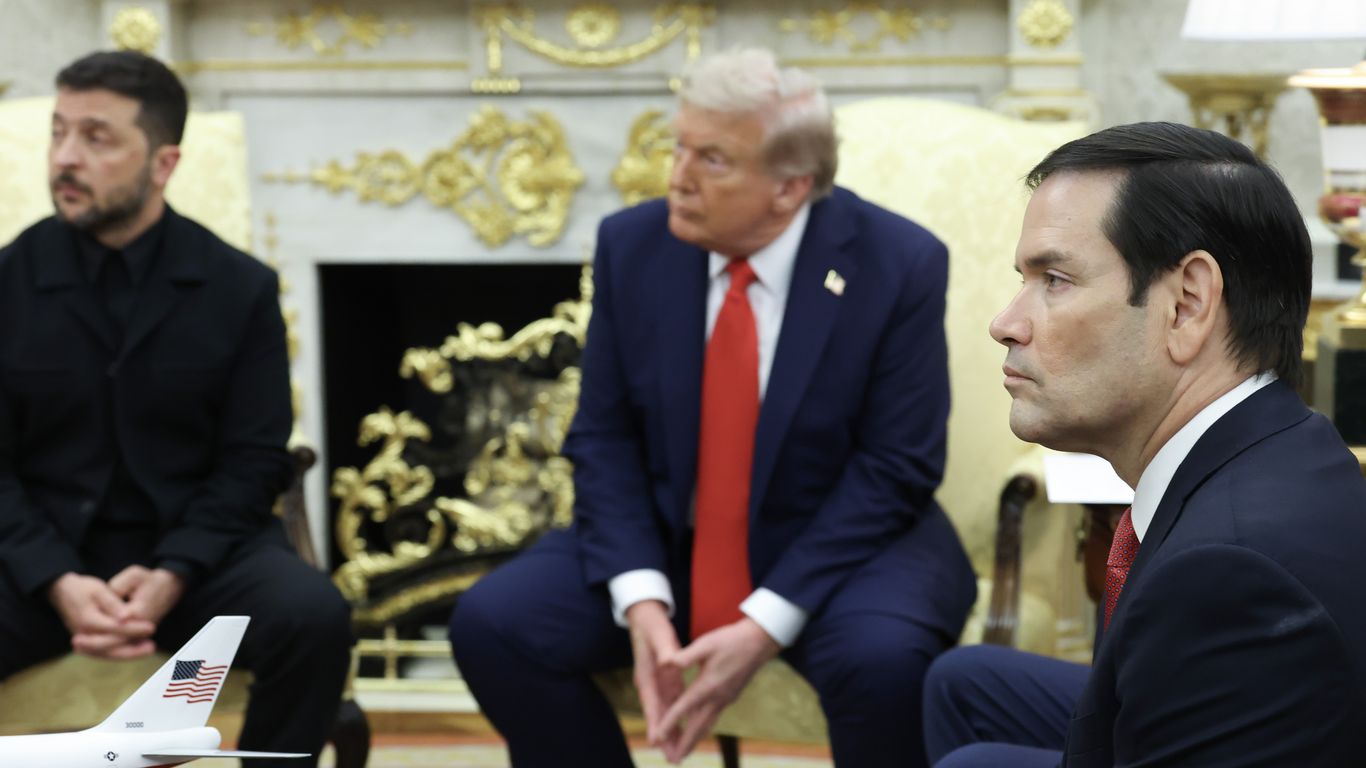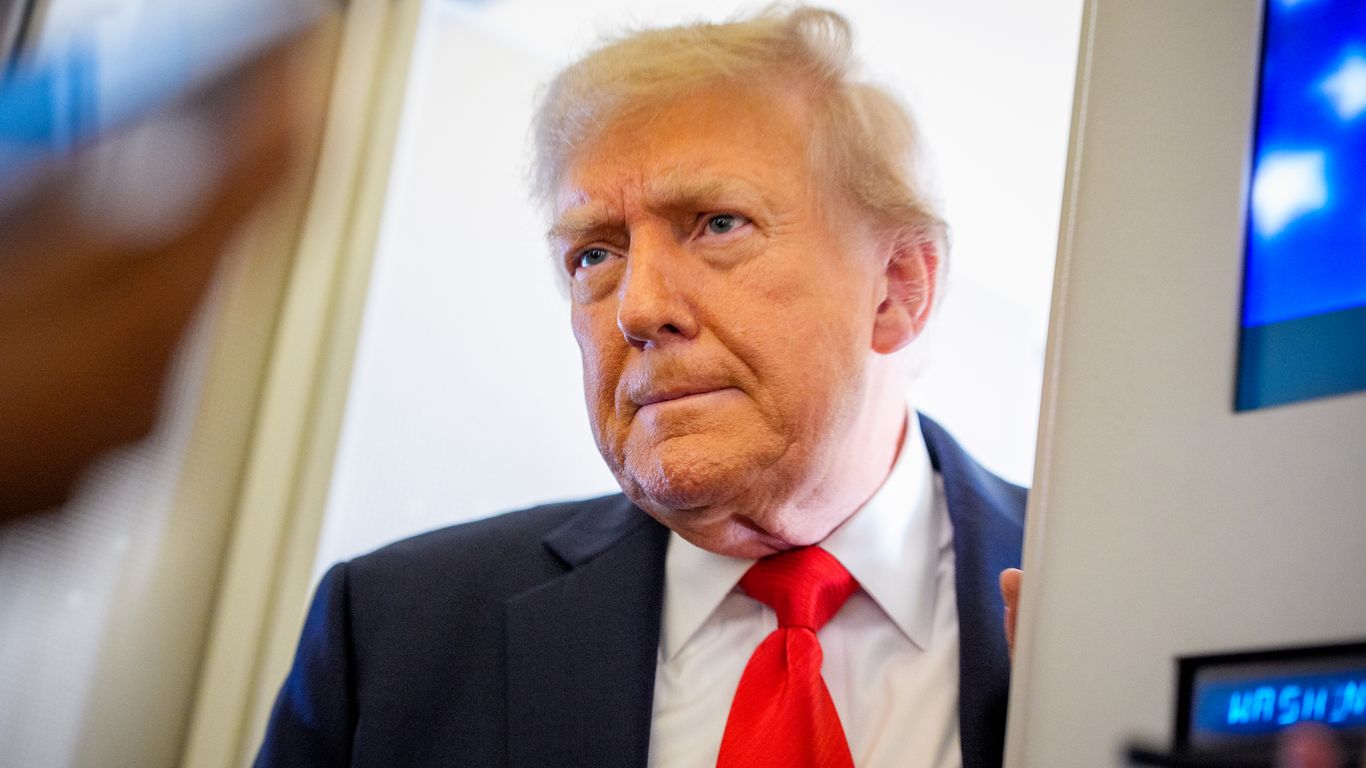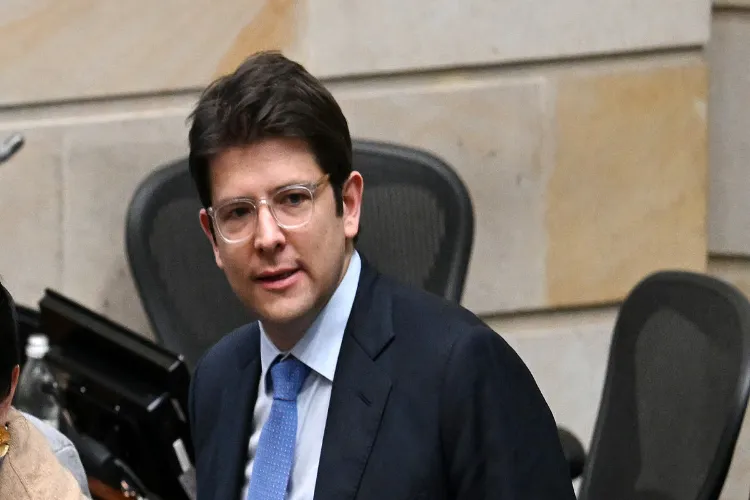Colombia's Ongoing Security Concerns: Recent Attacks by FARC Dissidents
Introduction
A car bomb and an attack on a police helicopter in Colombia have killed at least 17 people, including police officers. These were two separate incidents that took place on Thursday. President Gustavo Petro attributed the attacks to dissidents of the defunct Revolutionary Armed Forces of Colombia, known as FARC.
Key Details
The car bomb exploded near a police station in the town of Corinto, killing at least 13 people and injuring several others. The attack on the police helicopter occurred in the neighboring town of Miranda, killing four officers. According to President Petro, these attacks were carried out by FARC dissidents who refuse to lay down their arms and have continued to engage in criminal activities. The Colombian government has been working towards peace and reconciliation with FARC, but these attacks serve as a reminder that there are still challenges to overcome.
Impact
These attacks have once again highlighted the ongoing security concerns in Colombia. The country has been plagued by violence and conflict for decades, and while progress has been made towards peace, there are still pockets of violence and resistance. The loss of innocent lives, including police officers, is a tragic reminder of the toll that these conflicts take on the country. The government must continue to work towards lasting peace and address the root causes of these attacks to prevent future incidents.
About the People Mentioned
Gustavo Petro
Gustavo Francisco Petro Urrego, born April 19, 1960, in Ciénaga de Oro, Colombia, is a Colombian politician and economist who has been serving as the president of Colombia since August 7, 2022. He is the country’s first left-wing president. Petro began his political involvement as a member of the Marxist guerrilla group 19th of April Movement (M-19) in his youth but later transitioned into formal politics following the group's demobilization and transformation into a political party. Petro’s political career includes terms as a member of the Colombian House of Representatives (1991–1994, 1998–2006) and as a senator (2006–2010, 2018–2022). He was mayor of Bogotá from 2012 to 2015, where he focused on social programs targeting poverty reduction, environmental protection, and public safety, including banning firearms in the city to reduce violence. His tenure as mayor was contentious; he was briefly removed from office in 2013 over management issues but was reinstated after public protests and legal challenges. Petro ran unsuccessfully for president in 2010 and 2018 before winning the 2022 election as the candidate of the leftist coalition Historic Pact for Colombia. His 2022 campaign emphasized climate change action, including ending fossil fuel exploration, social justice reforms, and peace-building initiatives aimed at addressing Colombia’s longstanding internal conflicts. His administration focuses on reducing inequality, reforming healthcare and pensions, promoting sustainable economic development, and pursuing comprehensive peace through dialogue with armed groups. Petro’s vice president, Francia Márquez, is the first Black woman to hold that office in Colombia. Since taking office, Petro has faced political challenges in Congress and from conservative sectors but remains a pivotal figure in Colombia’s political landscape, seeking to transform the country’s social and economic policies[1][2][4][5][6][8][9].
About the Organizations Mentioned
Revolutionary Armed Forces of Colombia
The **Revolutionary Armed Forces of Colombia (FARC)** is a Marxist guerrilla organization founded in 1964 as the armed wing of the Colombian Communist Party. It originated from peasant self-defense groups resisting government forces, particularly after a violent military attack on the community of Marquetalia led by Manuel Marulanda Vélez and 47 others, who then formed the FARC's core[1][4][5]. Initially focused on rural areas, FARC evolved into a large irregular army, expanded significantly during the 1980s through income largely derived from coca production and drug trafficking, and began to challenge the Colombian state with increased military sophistication and territorial control[1][2]. The FARC's goals centered on overthrowing the Colombian government, combating social inequalities, and redistributing wealth from elites to impoverished rural populations. The group also opposed foreign influence, especially that of the United States and multinational corporations, which they blamed for Colombia's social and economic problems[2][5]. FARC engaged in a range of activities including bombings, kidnappings (often for ransom), assassinations, and attacks on political and economic targets. Their involvement in drug trafficking financed their operations with hundreds of millions of dollars annually from extortion and coca taxes[2]. Politically, FARC attempted to enter legitimacy by founding the Patriotic Union (UP) party in 1985 during a ceasefire phase, which initially won significant electoral support. However, violent repression by right-wing paramilitaries decimated the UP, killing thousands of its members and forcing many into exile, effectively eliminating its political presence by the early 2000s[2][8]. After decades of conflict, a historic peace process began in 2012, culminating in a 2016 agreement between FARC and the Colombian government to end hostilities and transform the group into a political party. While this officially ended FARC’s armed insurgency, some dissident factions rejected the peace deal and continued armed
Colombian Government
The Colombian Government is a unitary republic with a presidential democracy, where the President serves as both the head of state and head of government. The government is divided into three branches: the legislative, executive, and judiciary. This structure is pivotal in maintaining the rule of law and ensuring stability in the country[6]. ### History and Key Achievements Colombia has a rich history, with significant milestones including the signing of the 2016 peace agreement with the FARC (Fuerzas Armadas Revolucionarias de Colombia), marking a crucial step towards ending decades of conflict. This agreement established the Special Jurisdiction for Peace, which aims to provide justice for crimes committed during the internal armed conflict[6][8]. Additionally, the government has implemented policies to enhance indigenous autonomy, as outlined in the 1991 Constitution[8]. ### Current Status Currently, the Colombian Government is focused on implementing various reforms. Notably, there are ongoing efforts to revamp the healthcare system by centralizing funding and management under a public entity, ADRES, and to reform the pension system, which will take effect in July 2025[4]. The government is also navigating a complex economic landscape, with growth projected at around 2.5% in 2025, but facing challenges such as a widening fiscal deficit and policy uncertainties[10]. ### Notable Aspects A notable aspect of the Colombian Government is its commitment to peace and reconciliation. The ongoing peace process, supported by international bodies like the UN, remains a priority[2][8]. Additionally, President Gustavo Petro's proposals for constitutional reform have sparked both interest and concern, as they could potentially reshape the country's political landscape[9]. Despite these challenges, the government continues to strive for stability and progress, making it a fascinating case study for those interested in political and economic developments.















